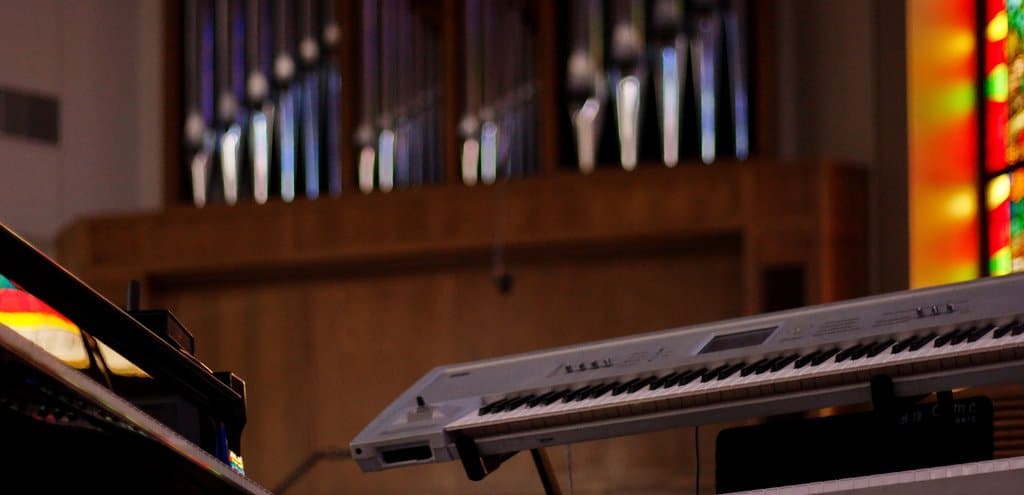
Can We Take Christ out of the Church? (Answer’s no.)
October 21, 2013
There is a lot of disillusionment with the church. My post on Ten Reasons Not to Go to Church is still garnering page views more than a week after I posted it, and I am a nobody in the blogosphere. People (aka that which the Church consists of) disappoint, and we figure out ways to salvage God’s reputation by distancing Godself from the actions of mere mortals. Let’s take a look at some recent stories reflecting this trend.
A few days ago, popular blogger Glennon Melton who regularly advocates for gay teenagers, wrote in her post I’ve Got Spirit, And So Do You responding to critics who decry her irreverence by saying,
there are two different, separate things. There is GOD, and then there is PEOPLE’S IDEAS ABOUT GOD.
Her point being we can be critical toward Christian culture, and yes irreverent, but it doesn’t diminish our faith in God with the capital G. I agree, but I’m uncomfortable with such a dichotomy. Before I explain, here’s another example from a recent beautiful story of a man with Asperger’s experience with the church. He laments feeling alienated at church because of his condition, and testifies:
To me, Jesus is the only one who really makes any sense.
It almost feels like Christians are trying to rescue Jesus from the church.
The dichotomy which arises from the the notion that we can experience God outside of our relationship with others in community is a product of Western individualism entrenched in the Protestant salvation narrative. Our entitlement to a personal relationship with God impresses us with a false confidence. We believe we can experience God apart from the works of flawed human beings.
Although there is evidence in Scripture of individuals interacting with God directly, the Bible is far more insistent on the way God uses imperfect people to reach others, from the disbelieving Abraham to selfish Kings to dim-witted disciples to a violent Paul. As the New Testament theologian Daniel Kirks says in his storied approach to Scripture,
My relationship with God is always, and must ever be, about how I am participating in the narrative of God’s people. (Jesus Have I Loved, but Paul?)
We do not have faith in a vacuum, our faith is always in the context of community. This is why we can’t easily separate God from people’s ideas about God. When hurt and abuse and disappointment occur within the church, we can’t easily apologize for God because God has always been about using pathetic people to bring about redemption.
To the gay teenager and the Aspie man and all the people who have been kept out of church by self righteous gatekeepers – the worst representations of the inclusive Christ, I get wanting to keep Christ untainted from Christian culture. The church can be so ugly and devoid of grace.
It’s just that God has always been a God who taints Himself with the messiness of humanity.
Here’s the thing: the church is made up of a body of broken people. You can be hurt by one part of the body, and I don’t want to minimize that hurt, but the hope is there are other parts of the body who are hurting with you, walking with you through the pain, and ready to carry you on their backs whenever you’ve given up the last bit of energy to keep going. People are capable of inflicting terrible pain, but they are also vessels for the greatest love. I have never experienced the love of God more than through some ridiculous people who are overly kind, far too generous, with the most tender sensitivity. They insist on believing when all evidence points otherwise, and pursue dignity and respect for others at the cost of their own. Some of them identify as Christians and some don’t. But the God who is Love uses a medley of corresponding voices to whisper the message of hope.
Hear the music, from the symphony of community, historical and present.
God sings through God’s people.
